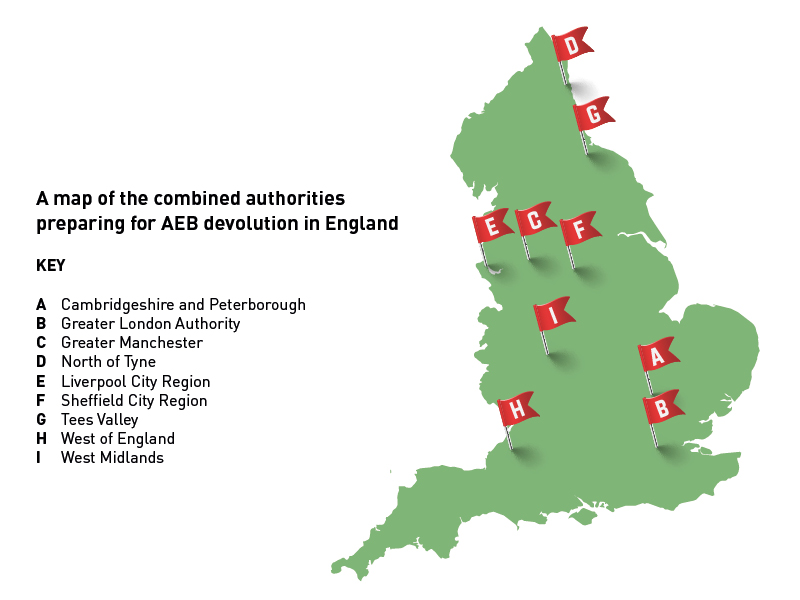The apprenticeship levy is “not fit for purpose” and the sector needs much more flexibility on spending the cash it raises, the deputy head of the CBI is to warn the FE Week Annual Apprenticeships Conference.
Josh Hardie will use his keynote speech in Birmingham today to give large employers more latitude on levy money – including using it to establish training centres.
“The levy’s design faults are serious, but not insurmountable,” he will say. “Ministers should immediately loosen the rules on what happens to the levy cash itself – next month’s 10-per-cent transfer rule simply isn’t enough.
“Companies should be able to draw down far more from the levy pot – over 50 per cent – and use it to work with others to create centres of excellence for training.”
Companies should be able to draw down far more from the levy pot – over 50 per cent – and use it to work with others to create centres of excellence for training
Employers which pay the levy will be able to transfer funds to other organisations for the first time from April.
Large employers have so far only been able to spend the funding generated on their own apprenticeships, but guidance on gov.uk explained how this will change.
There are “no restrictions about who you can transfer funds to”, except that “they have to be registered on the apprenticeship service”.
Employers were told they could transfer a maximum of 10 per cent of their annual funds, which is “worked out from the total amount of levy declared”.
“Providers should also lead from the front and make sure that they’re offering high-quality apprenticeships that suit local businesses – reacting to employer demand, not going back to an old system,” Mr Hardie will say to delegates.
He wants the government to “redouble its commitment to quality provision” as it pushes ahead with the reform programme.
This should include giving the Institute for Apprenticeships “proper teeth as an independent skills regulator”.
“We need a system where business and people are able to influence changes, and a real focus on the commercial understanding that people and companies are customers, and providers are suppliers,” he will say.
We need a system where business and people are able to influence changes, and a real focus on the commercial understanding that people and companies are customers, and providers are suppliers
“There’s been a 41-per-cent drop in apprenticeship starts over the past year. It shows that the levy in its current form isn’t fit for purpose.
“Recently, a big investor in R&D told me they pay the levy and want to get more apprentices on board.
“They’re based in the Oxford-Cambridge corridor – so you’d think they’d be spoilt for choice when it comes to local training. But they aren’t: it’s all retail apprenticeships, and the levy doesn’t allow them to fund a local business initiative to change that.”
He will also bring up a large insurer, which runs a successful and expanding apprenticeship scheme.
“Alongside it, they also run internships, traineeships and work placements – all well-established programmes developing talent, but none of it levy-compliant,” he will say.
“The levy isn’t flexible enough to pay for any of that extra learning. It’s simply not working as it stands.”
Mr Hardie is due to deliver his speech at 4.30pm.






